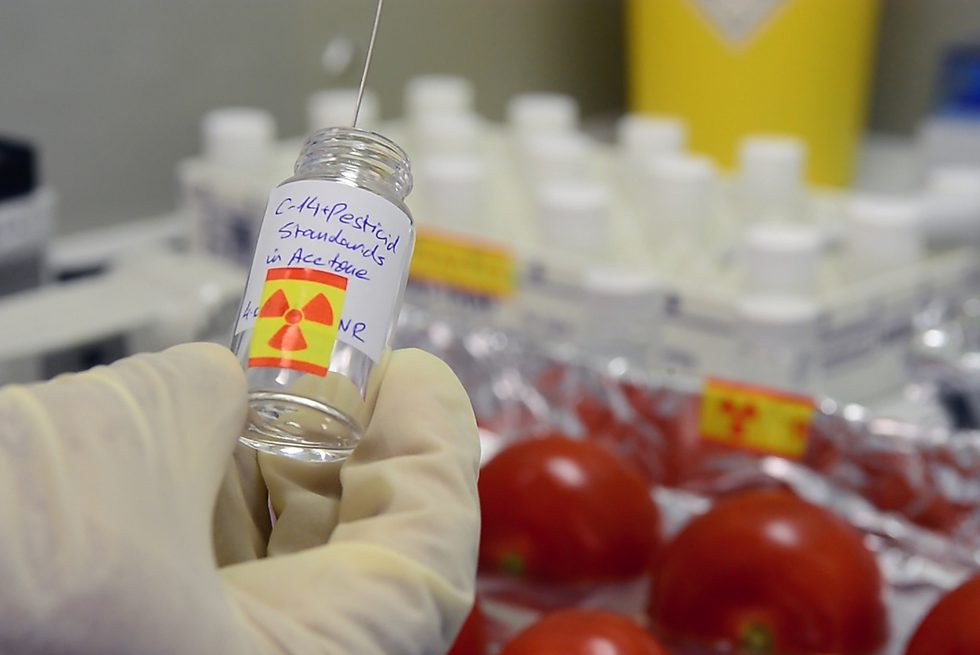Food: Translation
From the Series: Food
From the Series: Food

I write to you from the field. Or from the forest, actually: the boreal forest of the Canadian north. I’m on the hunt for wild edible mushrooms, part of a loosely-affiliated crew of itinerant pickers and field buyers. They’re the roving mouth-end of a long chain connecting the bush to urban consumers across North America and abroad. The way they live and work is shaped by the people who formed the industry over the last three decades: castaway loggers, fishers, trappers and hunters fleeing the ruined local resource economies of the 20th century—the shuttered sawmills and denuded oceans, the blighted reserves. Using engines and fuel in dizzying quantities, their seasonal round takes them tens of thousands of kilometres a year over remote highways and down abandoned logging roads, with their pick-up trucks and ATVs, chainsaws, generators and reefers, and the diesel, propane and wood stoves of the mobile dehydrators. They’re resource workers and prospectors. Lovers of the woods. And they’d also be sure to tell you: they ain’t no tree huggers.
It’s a strange thing. Mere days later, transported to distributors in the city, those mushrooms, their meaning and their value are utterly transformed—translated—into ‘wild food.’ It’s a thing unheard of among the places and people that produce it, but to urban foodies, wild food means food produced by the wilderness, particularly berries, mushrooms and greens like wild leeks, and it’s all the rage of late in restaurants in Vancouver, New York, London and beyond. Imagined as coming from pristine forests, and therefore as wholly free from the taint of human industry, wild foods are something like the ultimate in ethical eating. Supremely natural, organic and “obviously” sustainably produced, they couldn’t be more opposite to that notorious devil, the global industrial food system.
I imagine most readers will be surprised neither by this gulf between worlds of production and consumption, nor by the paradoxical realities and imaginaries that make up contemporary food movements, which Julie Guthman treated better than I ever could in her Agrarian Dreams. Instead, I mean to highlight another aspect of that question of what food is, exactly: food is something made. Unlike most other species, we humans don’t often eat things in their natural form. Our food is almost always the result of myriad transportations and transformations, or translations, of nature into the realm of culture (or of the raw into the cooked, as Levi-Strauss had it). Food is less like a thing and more like a value we’ve hewn into something, purifying it, making it worthy to eat.
So I, too, feel that the “privileging of or disdain for various biological, cultural or technological elements” is what lies at the heart of current contestations over what food is and how it should be produced and consumed. What fascinates me is the way that regardless of where you land vis-à-vis GMOs or raw milk, your food depends on finding ways to translate, and at least temporarily resolve, differences between physical, social and cultural worlds that can seem incommensurable. Not to mention that fraught dualism of nature and culture. How is this feat accomplished, exactly, and why? A topic for my thesis. But for now I am struck by how the value of something as food seems to arise from the fact that once or elsewhere it wasn’t or isn’t: from the fact that it has had to be made. And often, it is one person’s disdain of something as not-food that foregrounds another’s fulfillment.
Out here, for instance, those mushrooms aren’t food. Most people never eat them; the few that do, do so rarely. It’s not so much a matter of eating into the profits, and neither is it just because, as anyone who’s ever worked in food production knows, familiarity breeds its own special kind of disgust. No, they just don’t like them. “Too strong, those pine mushrooms, overwhelms the steak.” And the others, with their odd textures, “Like eating a bug! Give me a fried baloney sandwich any day.” And neither is anyone here cooing about pristine nature: in these parts, ‘organic’ is more like a silly fantasy for labile city folk. “All the exhaust and crap the logging trucks kick up from the road, us burning our trash,” one elder told me as he tossed a scrap of carpet onto the fire, “No way. I want my food clean. Like at the supermarket.”